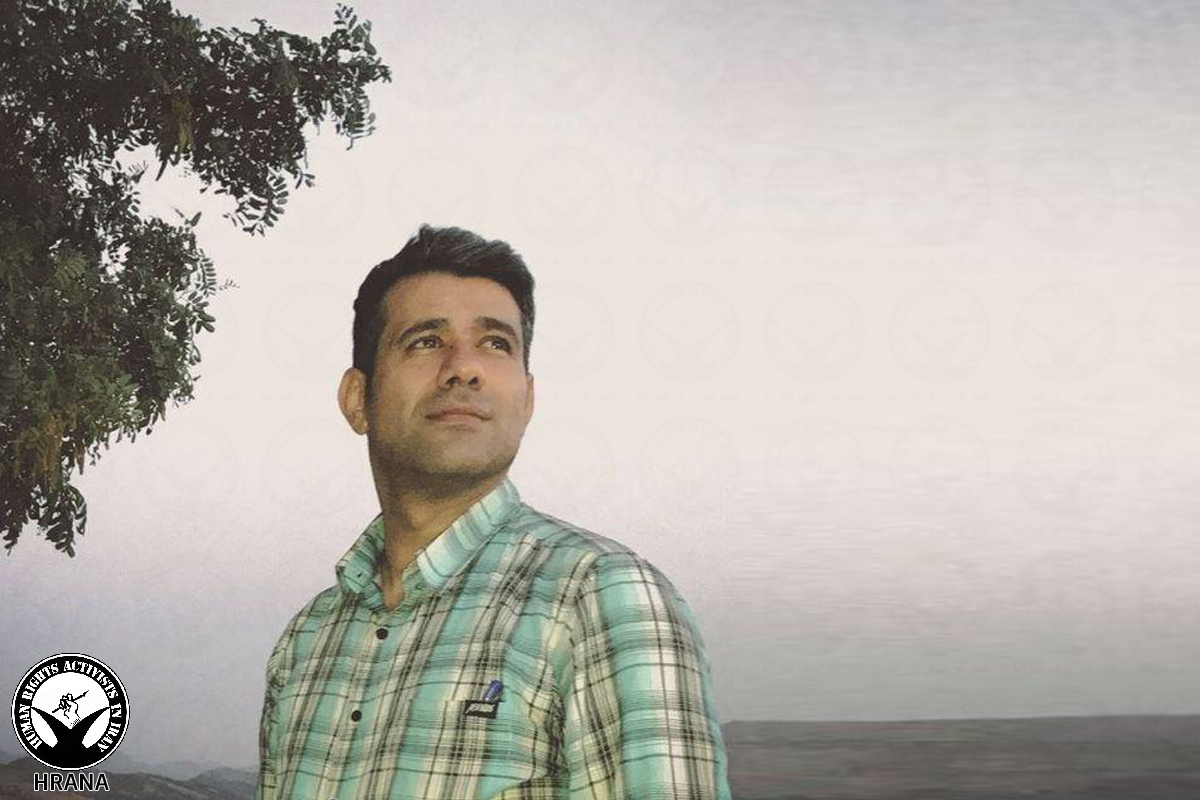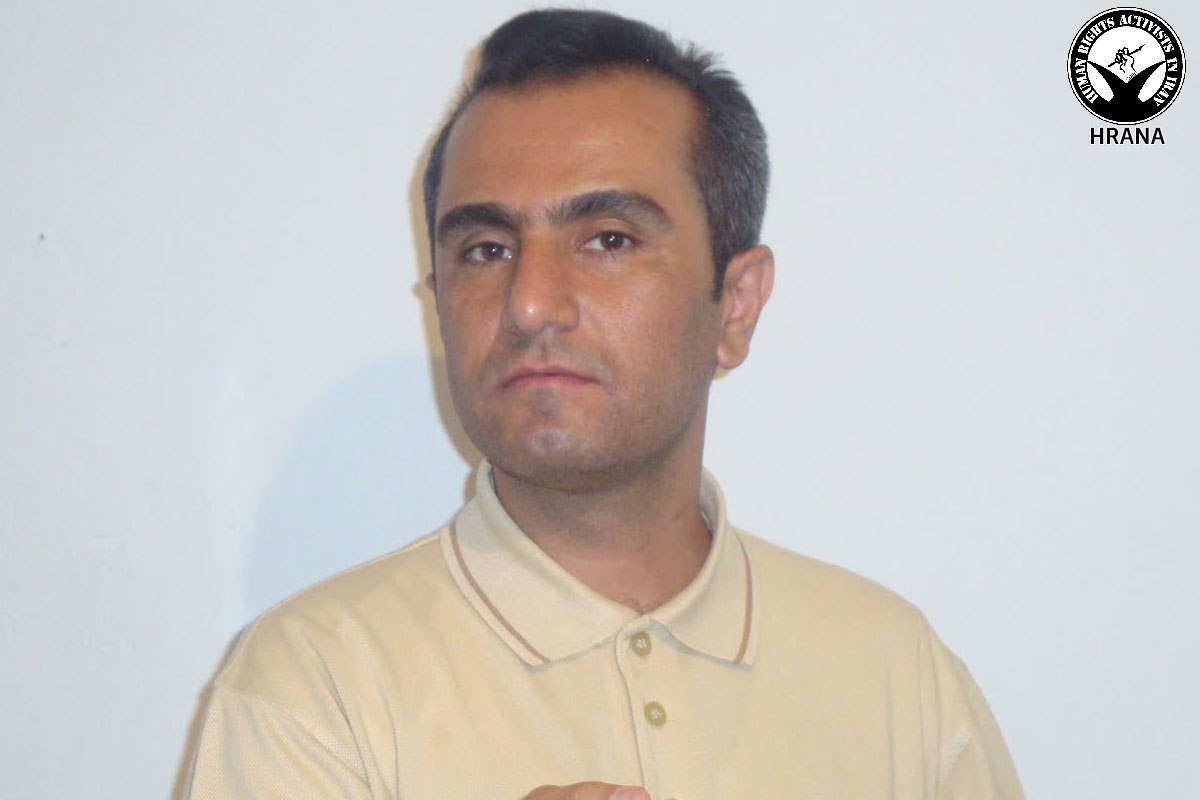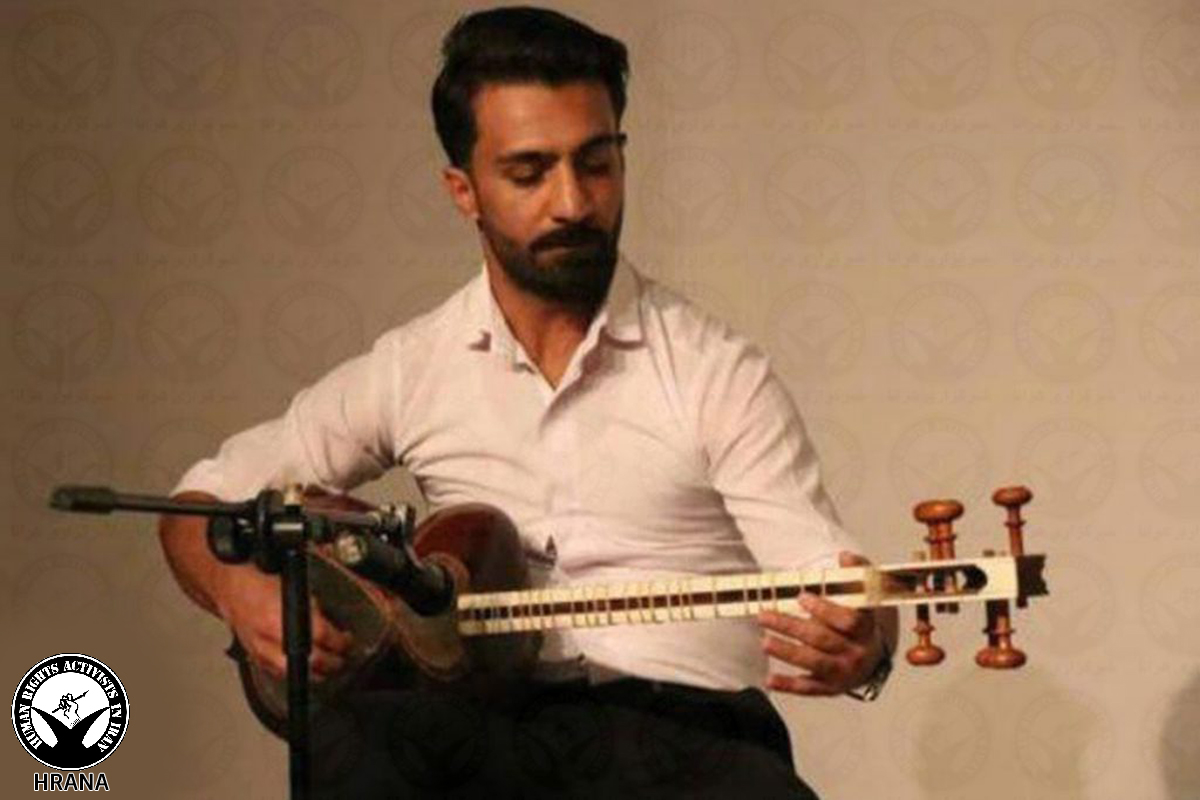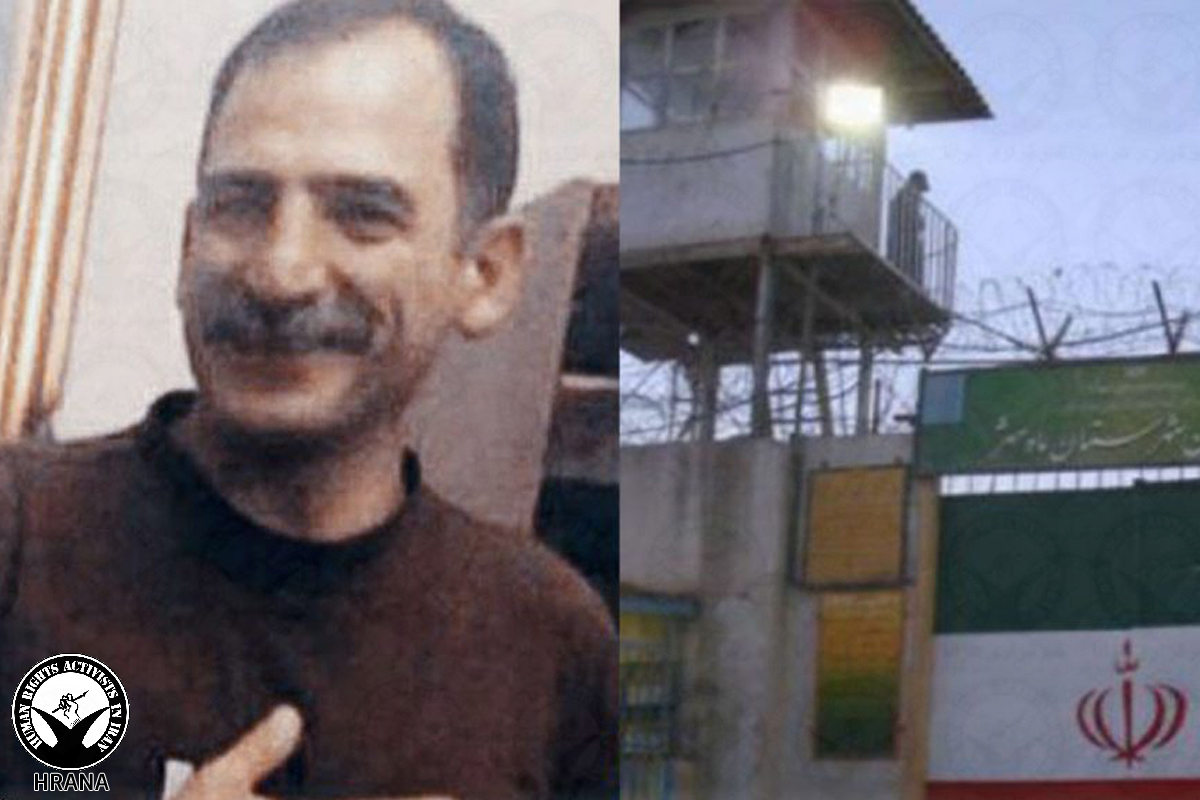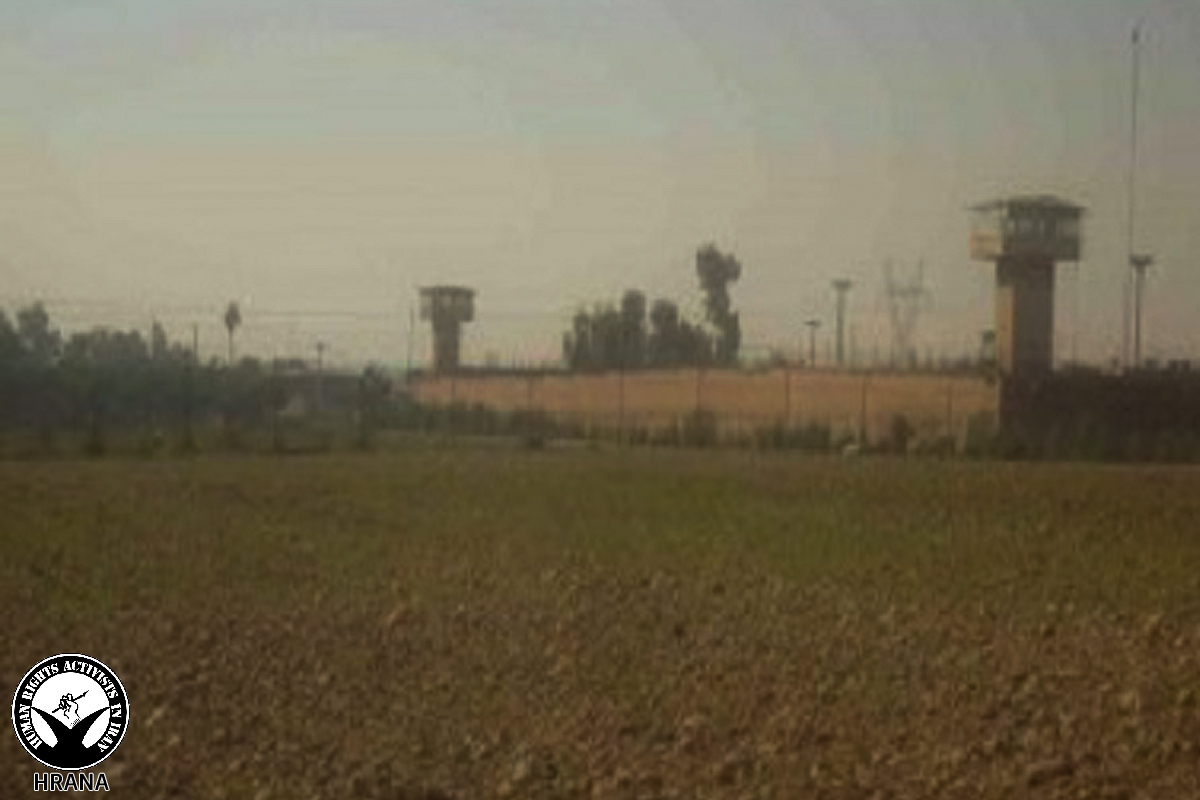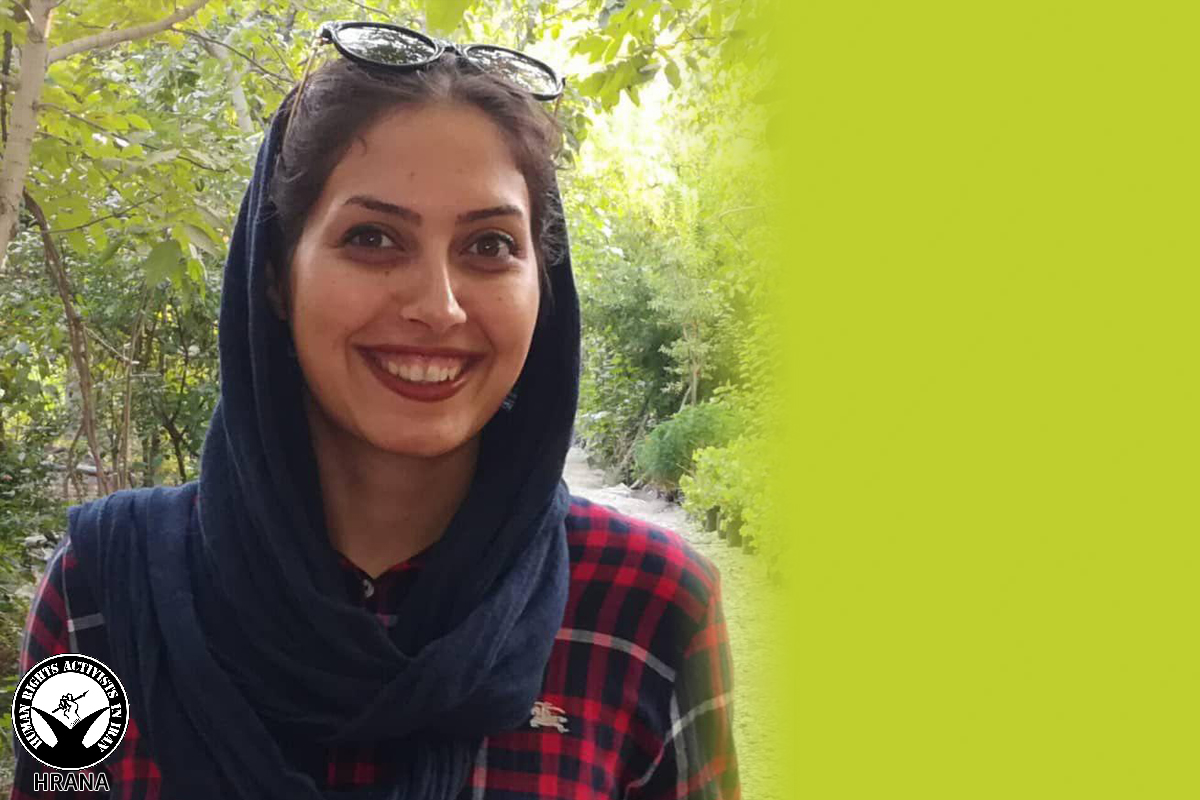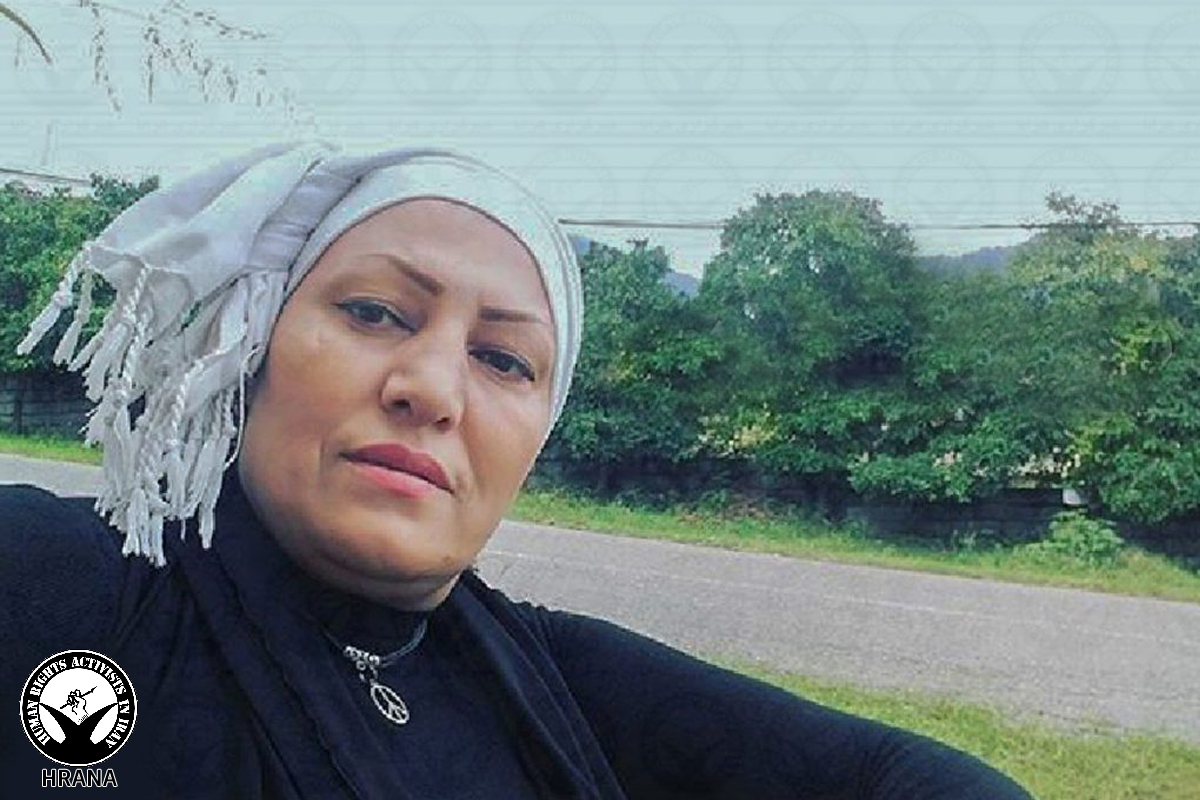UPDATE: Hooman Khoshnam was released from prison on bail on October 29, 2018.
Human Rights Activists News Agency (HRANA) – Hooman Khoshnam, a Baha’i resident of Karaj, became the sixth Baha’i citizen to be arrested by Ministry of Intelligence security forces in the city on September 25th, 2018.
In addition to arresting him, security forces also sealed the door to Khoshnam’s workplace. Khoshnam’s arrest is the latest in a series intensified persecution of Baha’i citizens, thus far affecting 20 citizens in Karaj, Shiraz, and on the outskirts of Isfahan.
Before Khoshnam’s arrest, Payam Shabani, another Baha’i resident of Karaj, was arrested by security forces only one day earlier on September 24th. HRANA also reported on the arrest and transfer to Evin Prison of four other Baha’i Karaj residents on September 16th: Peyman Maanavi, Maryam Ghaffaramanesh, Jamileh Pakrou, and Kianoush Salmanzadeh.
A close source told HRANA that “Maryam Ghaffarmanesh, Jamileh Pakrou, and Kianoush Salmanzadeh – participants in an environmental education session led by Ghaffarmanesh and hosted in the private residence of Ramin Sedghi – were arrested when intelligence agents showed up demanding their cell phones and pressing them to fill out personal information forms.”
The source said that after the search of Sedghi’s personal property, including his hard drive, pamphlets, and religious materials, agents moved on to search Pakrou’s residence. Ghaffarmanesh, Pakrou, and Salmanzadeh were then transferred to Evin Prison. Ghaffarmanesh’s family learned of her bail some 20 hours later, on a call with her from ward 209 of the prison.
HRANA reported on the arrest of six Baha’i Shiraz residents on September 15th and 16th: Sudabeh Haghighat, Noora Pourmoradian, Elaheh Samizadeh, Ehsan Mahbub-Rahvafa, and married couple Navid Bazmandegan and Bahareh Ghaderi.
HRANA also covered the arrests of eight Baha’i residents of Baharestan, a newly-built city about 18 miles south of Isfahan, on September 23rd and 24th. The detainees were Saham Armin, Afshin Bolbolan, Anush Rayneh, Milad Davardan, Farhang Sahba, Bahareh Zeini (Sobhanian), Sepideh Rouhani and Fuzhan Rashidi.
Iranian Baha’i citizens are systematically deprived of religious freedoms, while according to Article 18 of the Universal Declaration of Human Rights and Article 18 of the International Covenant on Civil and Political Rights, everyone is entitled to freedom of religion and belief, and the right to adopt and manifest the religion of their choice, be it individually, in groups, in public, or in private.
Based on unofficial sources, more than 300,000 Baha’is live in Iran. Iran’s Constitution, however, only recognizes Islam, Christianity, Judaism, and Zoroastrianism, and does not acknowledge the Baha’i faith as an official religion. Consequently, the rights of Baha’is are systematically violated in Iran.



